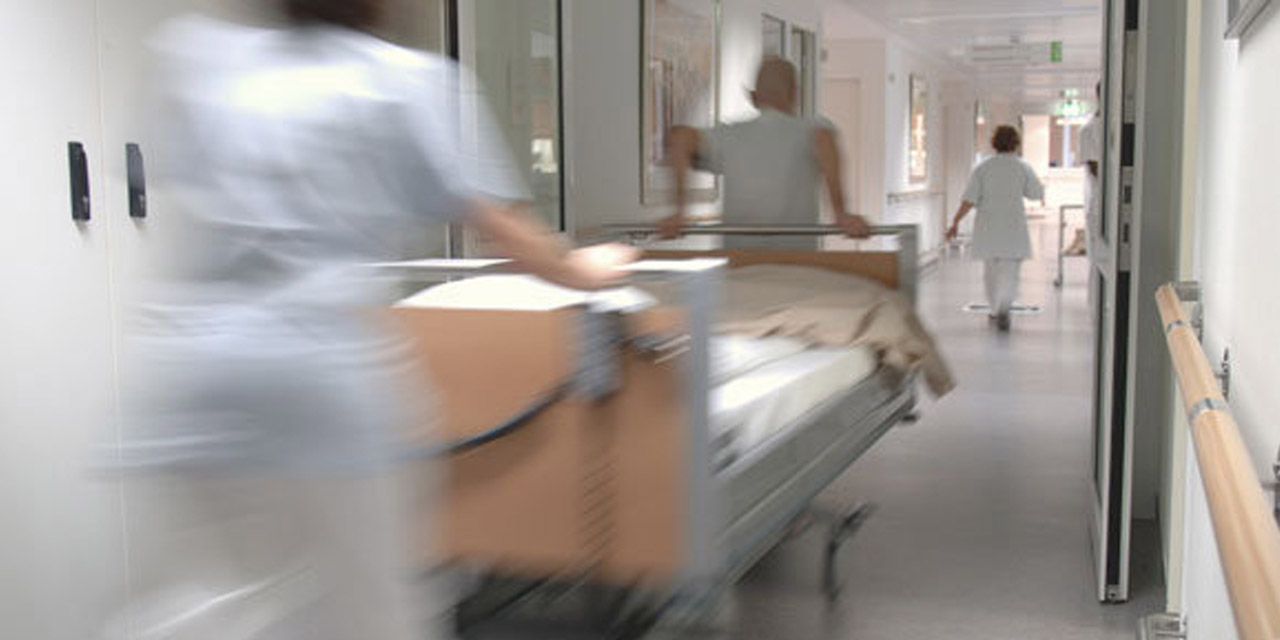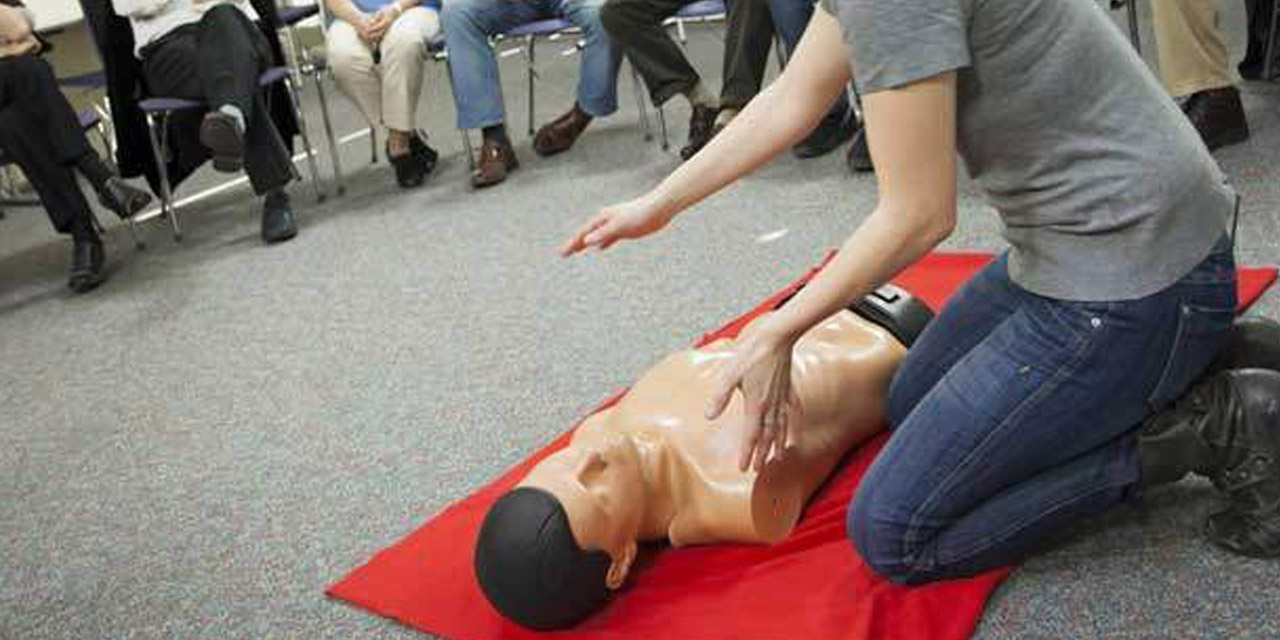This Intravenous (IV) Cannulation and Intravenous (IV) Medication Training delivers essential training for nurses, midwives, and allied healthcare professionals who are required to insert a venous cannula and /or administer intravenous (IV) medication.
Upon completion of this course delegates are equipped with the basic theory, skills and knowledge to build their competence in the workplace under supervision of an appropriate practitioner.
Guardian Angels Training will provide the necessary competency proformas required to ensure safe and evidenced-based clinical practice following completion of our training courses. This will then allow the Registered Provider to ensure mandatory competency assessments are completed within the workplace by a nominated mentor/supervisor.
If you need further advice regarding competency assessments or if you would like our Registered Nurse Trainers to provide onsite competency assessments then please do contact us.












